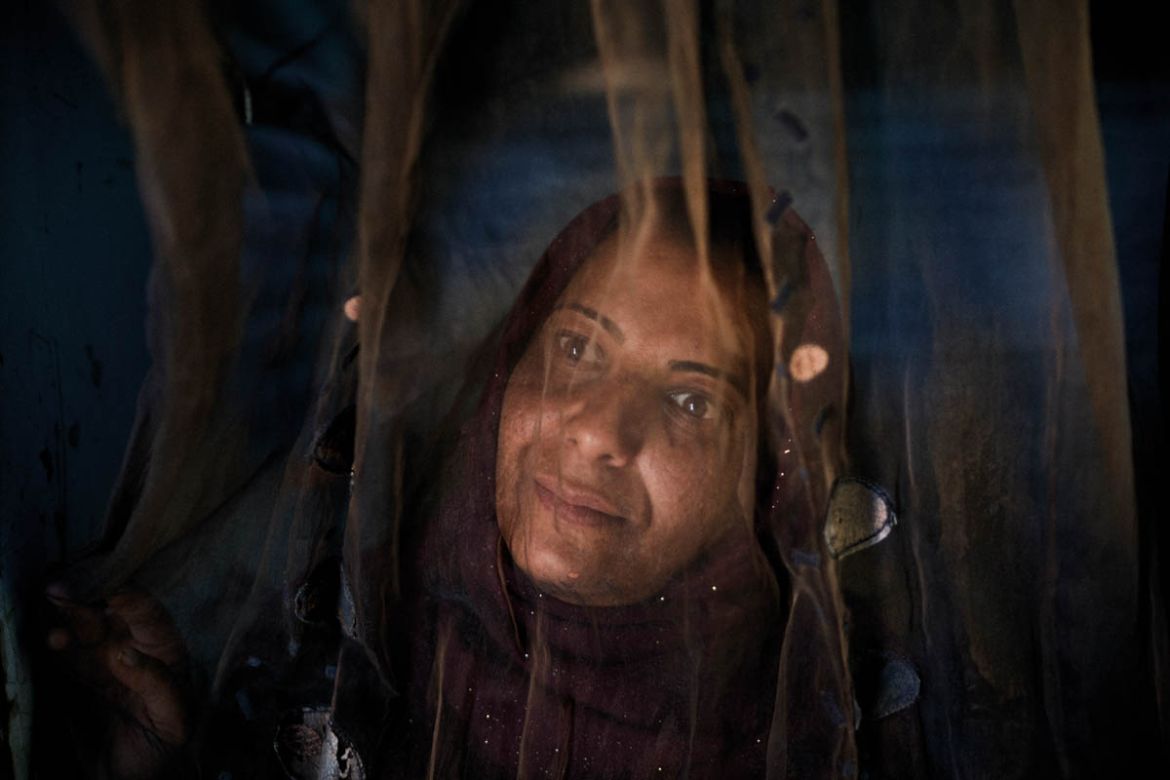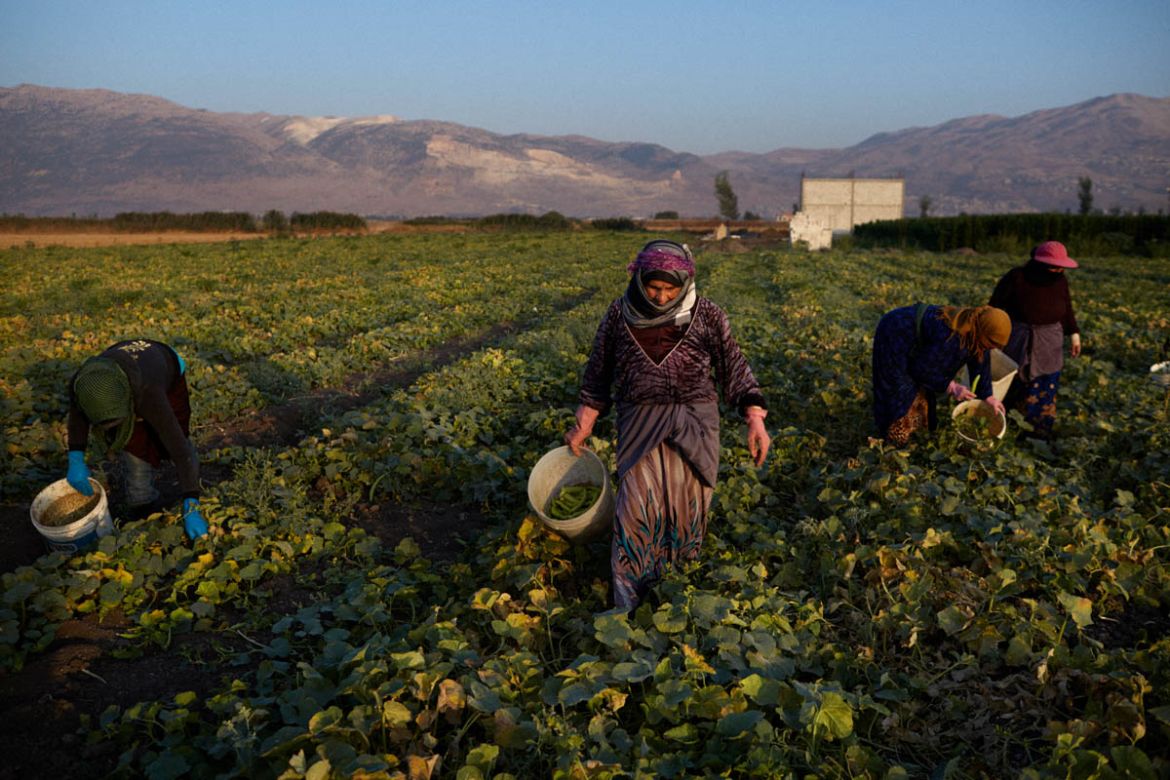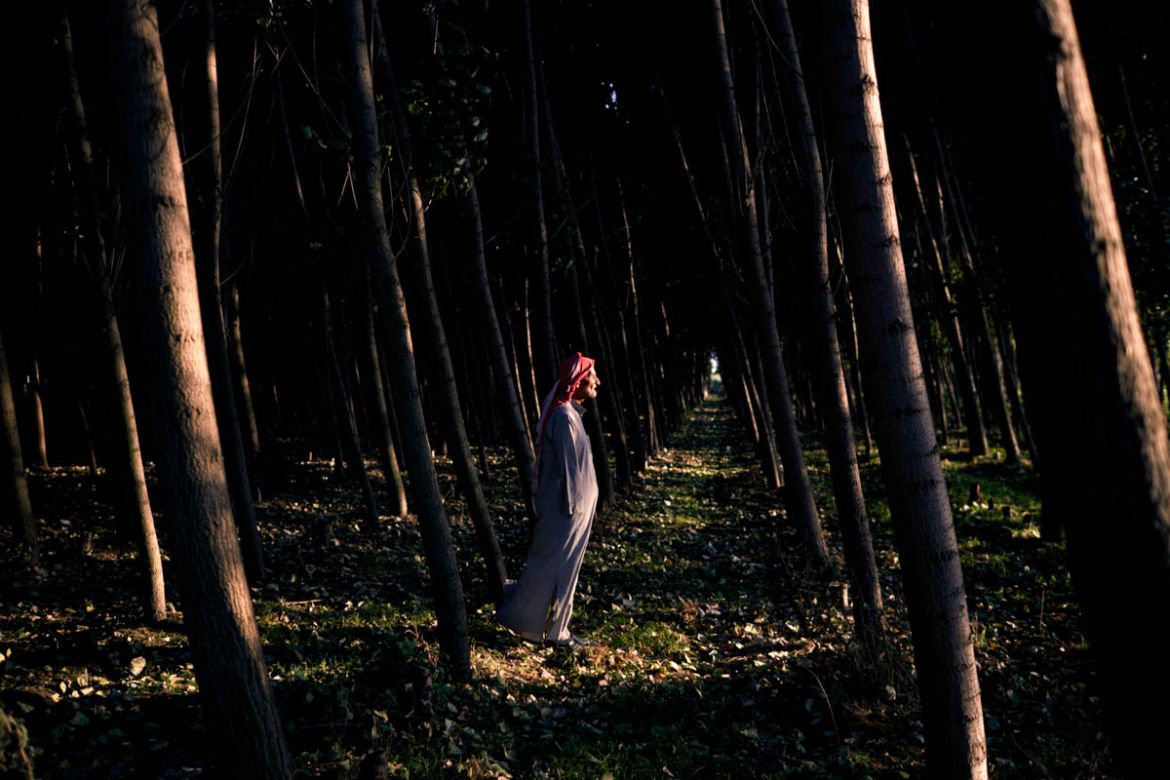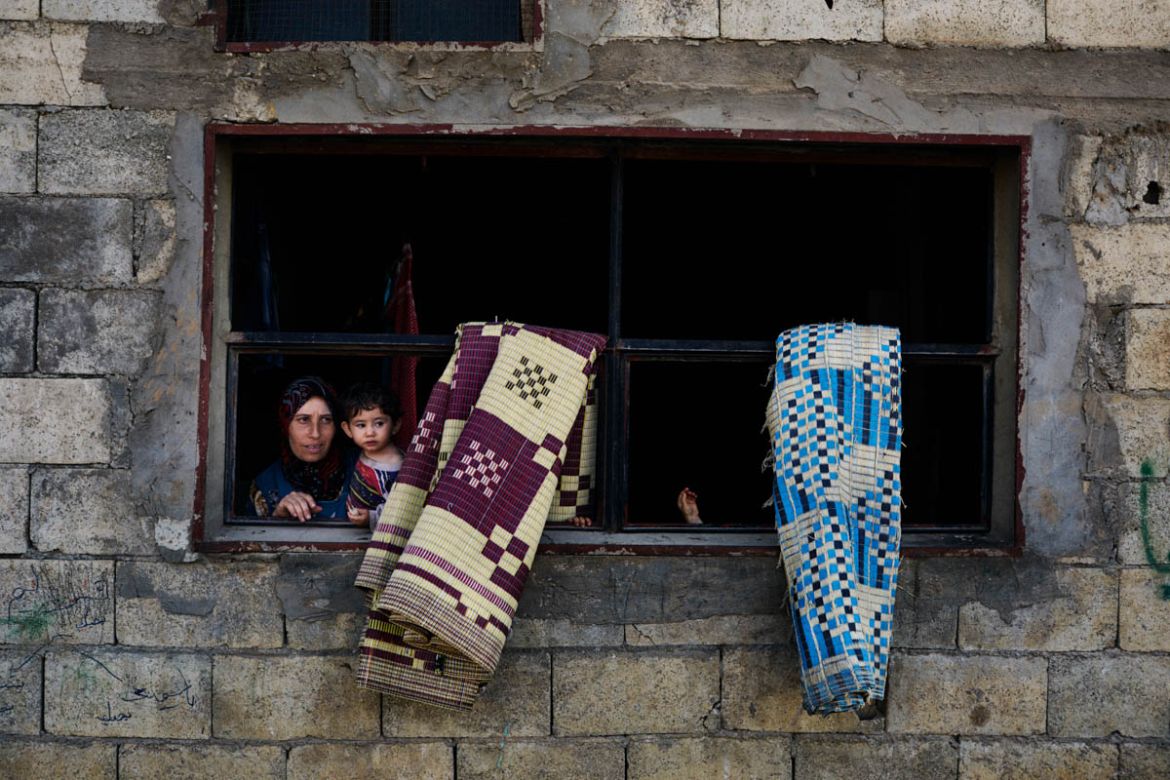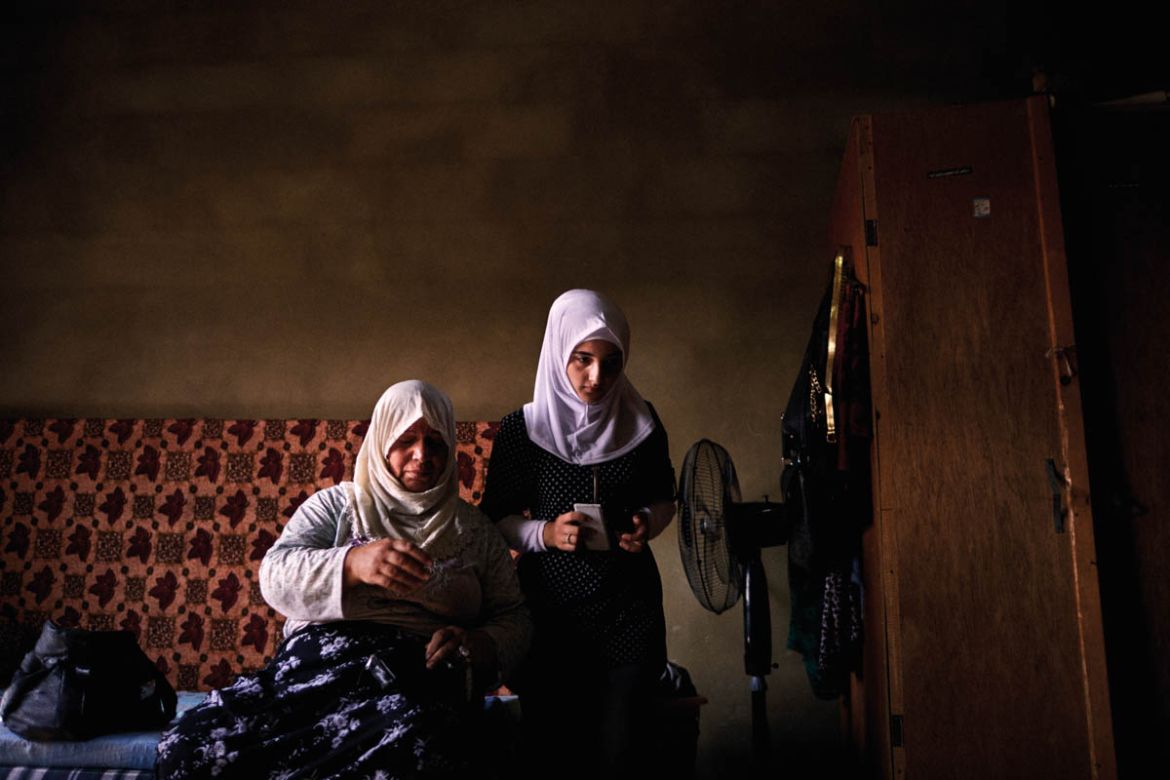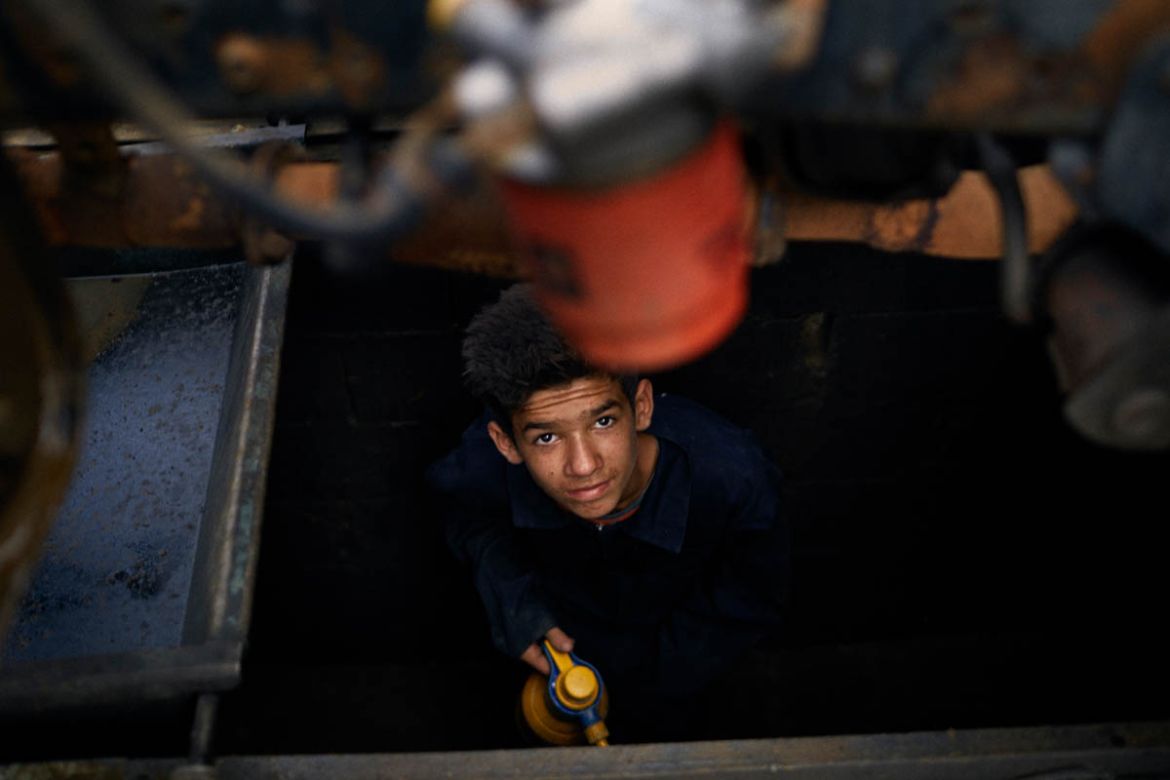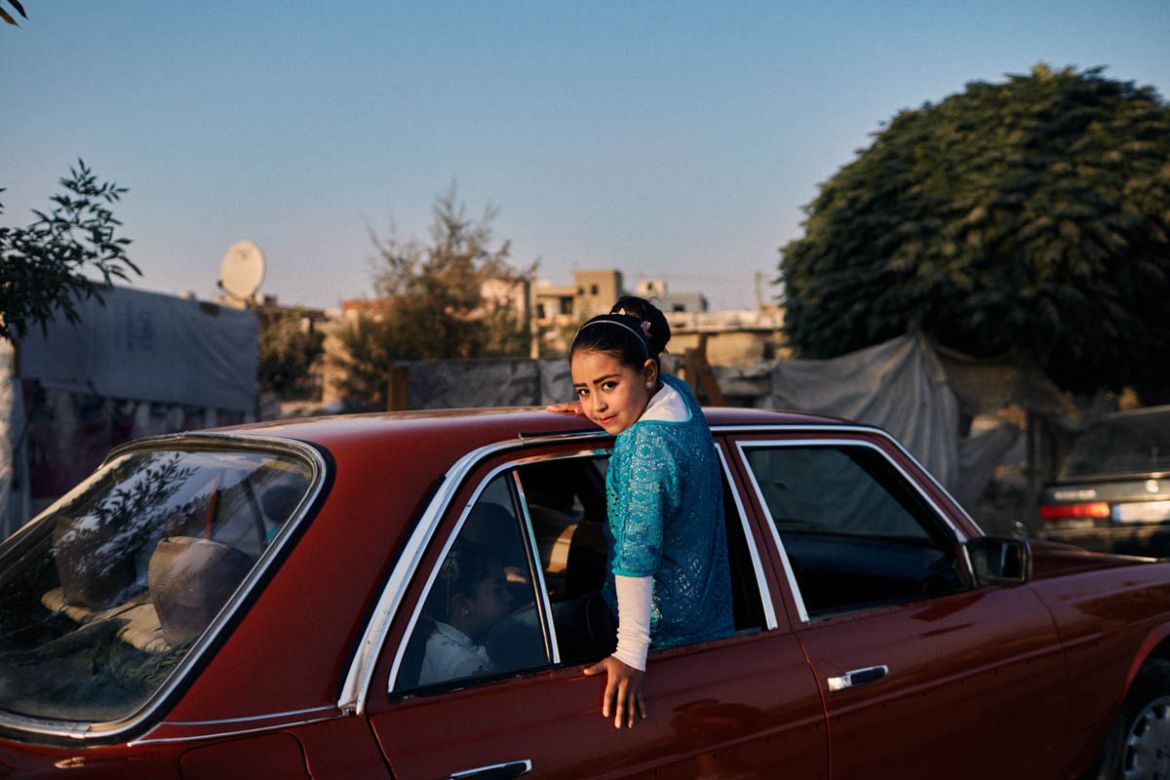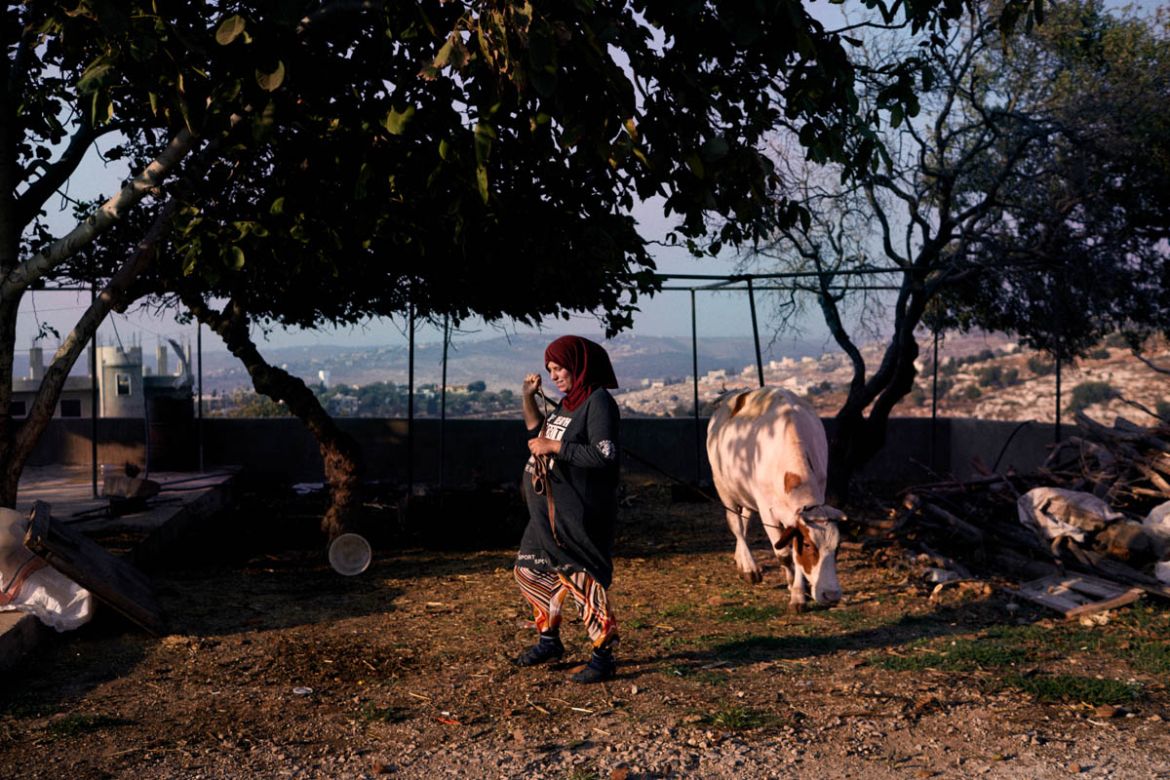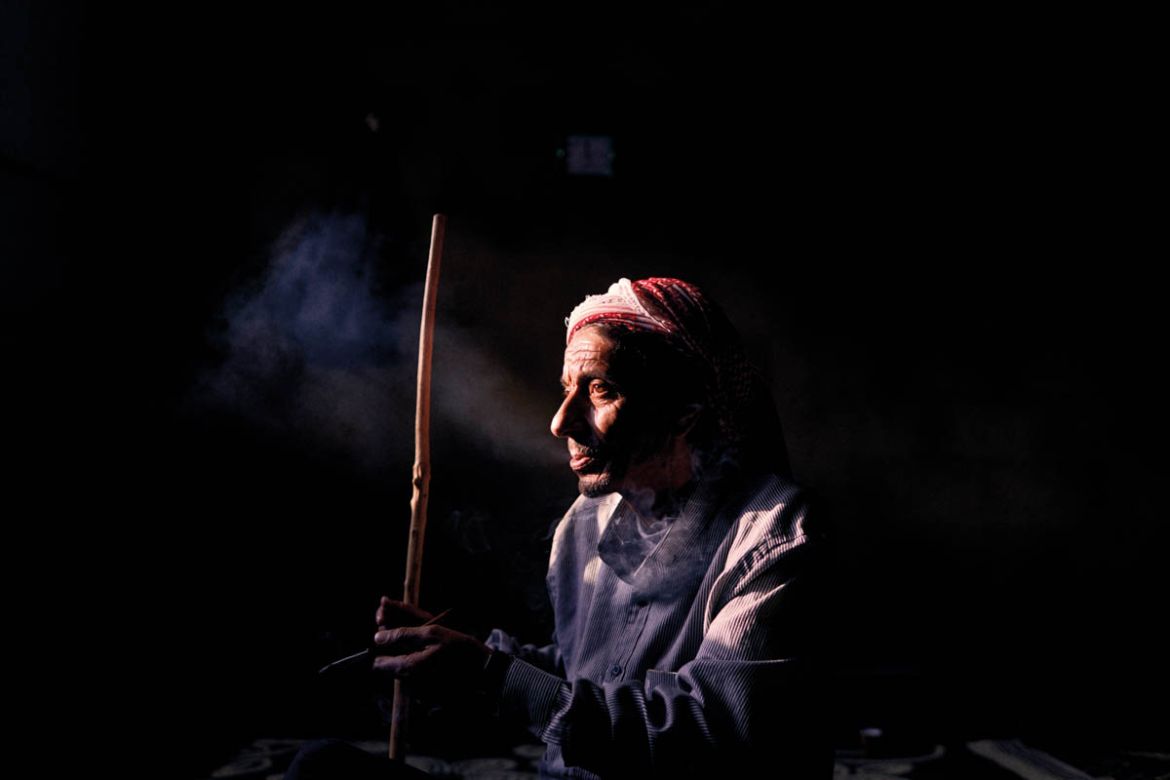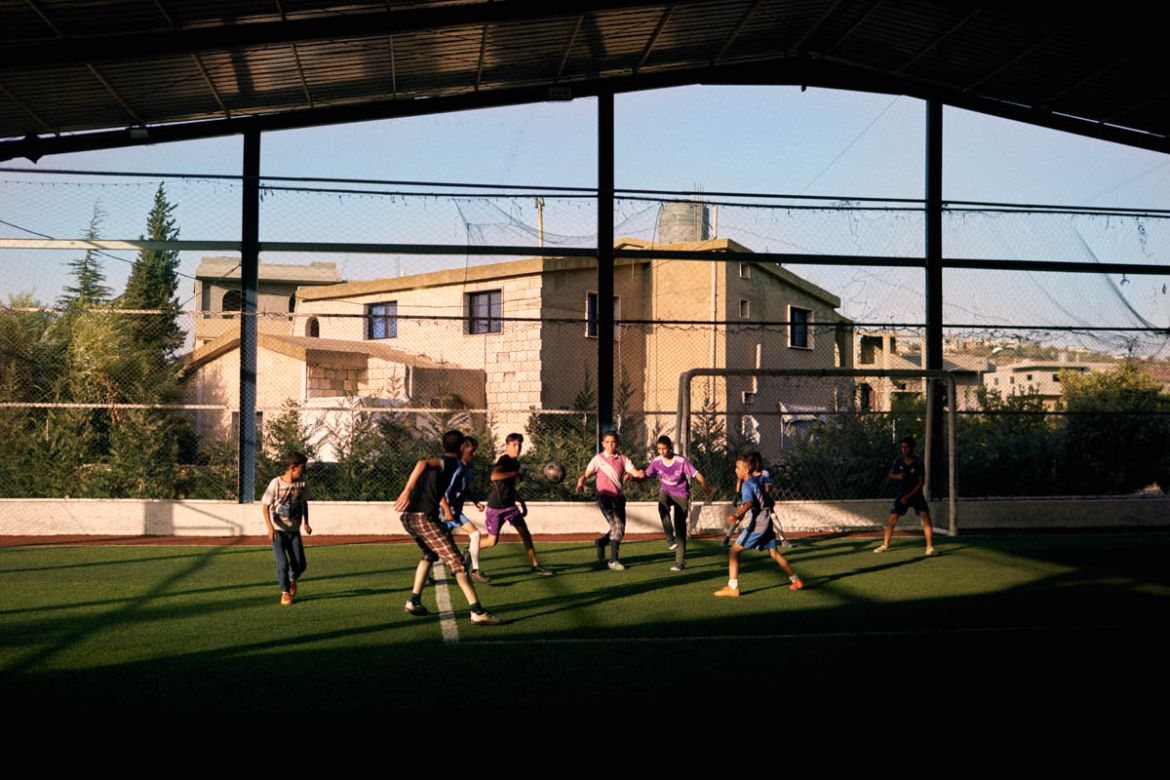In Pictures
Syrian refugees: Tension and solidarity in exile in Lebanon
While Lebanese have shown solidarity with Syrians fleeing war, tensions have arisen over limited resources and jobs.
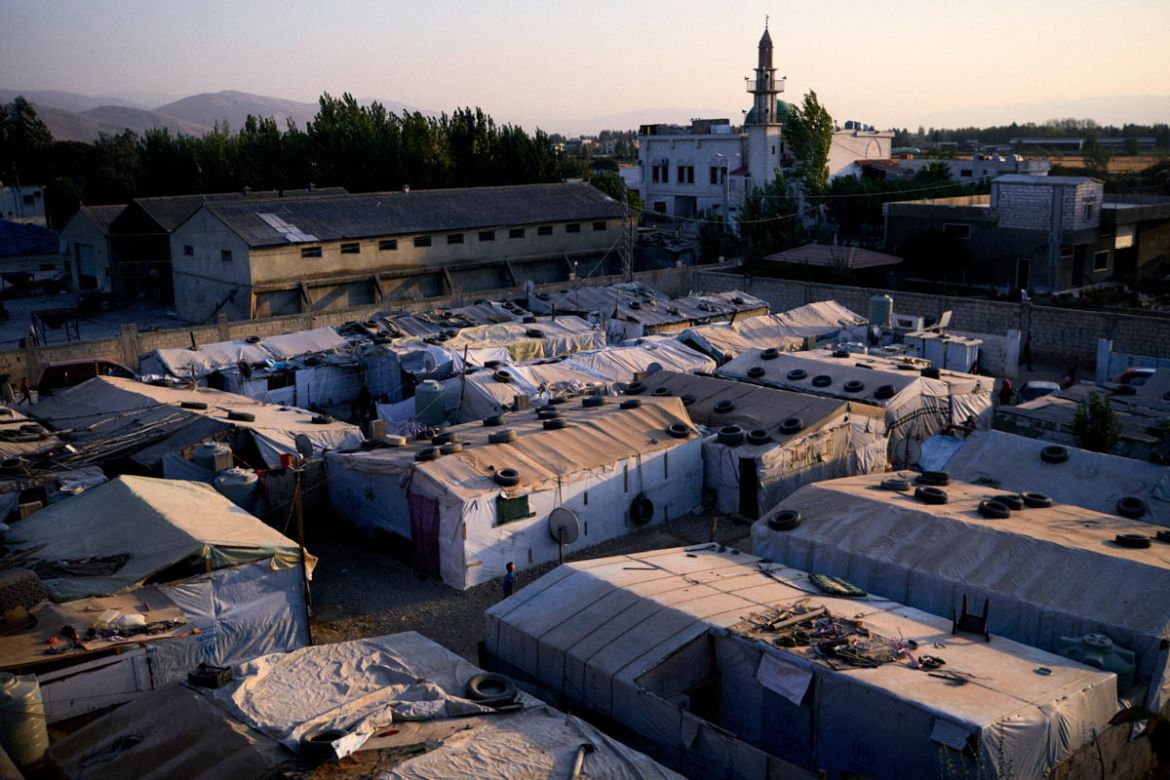
Published On 6 May 2018
Bekaa Valley, Lebanon – An estimated 1.5 million Syrian refugees now live across Lebanon, either with host communities or in informal tented settlements.
While Lebanese communities have shown solidarity with Syrians fleeing the war, tensions have arisen over limited resources and growing insecurity.
Individual stories provide an insight into the lives of Syrian refugees and their Lebanese hosts in Akkar in northern Lebanon and the Bekaa Valley.
